Have you ever hugged your dog and been hit with a smell that nearly knocked you off your feet? That “eau de wet dog” or even worse can sneak up out of nowhere. It’s embarrassing, a little bit gross, and sometimes it even makes you want to keep your best friend at arm’s length. But what if dealing with doggy odor was a lot easier than you thought? Let’s dig into the real reasons behind that stink and uncover ten practical ways to bring back the fresh, snuggly pup you love. If you’re tired of apologizing for your dog’s smell, you’re in the right place!
Regular Bathing With Dog-Friendly Shampoo
Giving your dog a bath might seem obvious, but the trick is doing it the right way and with the right products. Human shampoos can irritate a dog’s sensitive skin, so always opt for a shampoo made just for dogs. These special shampoos help remove dirt, oils, and even bacteria that can cause bad smells. Bathing too often, though, can dry out your dog’s skin and make things worse, so once every month or so is usually enough for most breeds. If your dog loves muddy adventures, you might need to bathe them a bit more. Warm water and gentle scrubbing can turn bath time into a bonding experience. Think of it like a spa day—relaxing for you and your pup. Don’t forget to rinse thoroughly, because leftover shampoo can also cause irritation and smells. After the bath, dry your dog completely, since damp fur is a breeding ground for that all-too-familiar “wet dog” scent.
Brushing Your Dog’s Coat Regularly
Brushing isn’t just about keeping your dog looking good—it’s a secret weapon against bad odors. When you brush your dog, you’re removing loose fur, dead skin, and dirt that can all contribute to a smelly dog. Long-haired breeds especially benefit from daily brushing, while short-haired breeds might need it just a few times a week. It also helps spread natural oils through your dog’s coat, making their fur shiny and less likely to trap unpleasant smells. Brushing is also a great time to check for skin issues, like hot spots or infections, that can cause odors. You might be surprised how much less your dog smells when brushing becomes part of your routine. Plus, most dogs love the attention—it can be a calming, happy ritual for both of you.
Cleaning Ears to Prevent Odor
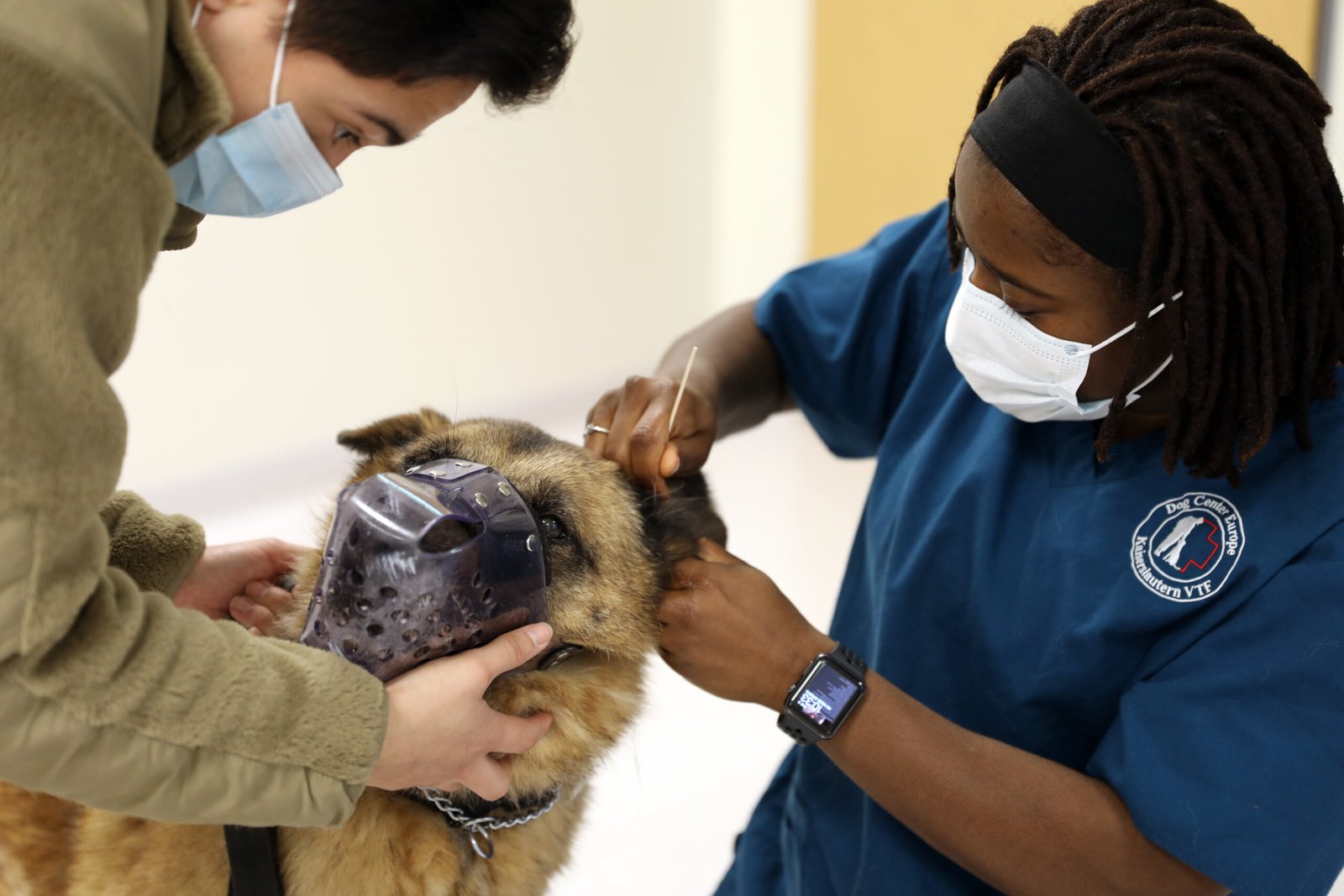
Did you know that your dog’s ears can be a major source of bad smells? Dogs with floppy ears or lots of hair in their ears are especially prone to infections, which often smell downright terrible. A gentle wipe with a dog-safe ear cleaner every week or two can help remove wax and debris. Always be gentle and avoid pushing anything deep into the ear canal—just clean what you can see. If you notice redness, swelling, or a strong yeasty or foul odor, it’s best to visit the vet. Healthy ears shouldn’t smell bad at all, so regular cleaning can go a long way in keeping your dog fresh. Ear infections can sneak up fast and make even the sweetest pup a bit hard to cuddle.
Regular Dental Care for Fresh Breath
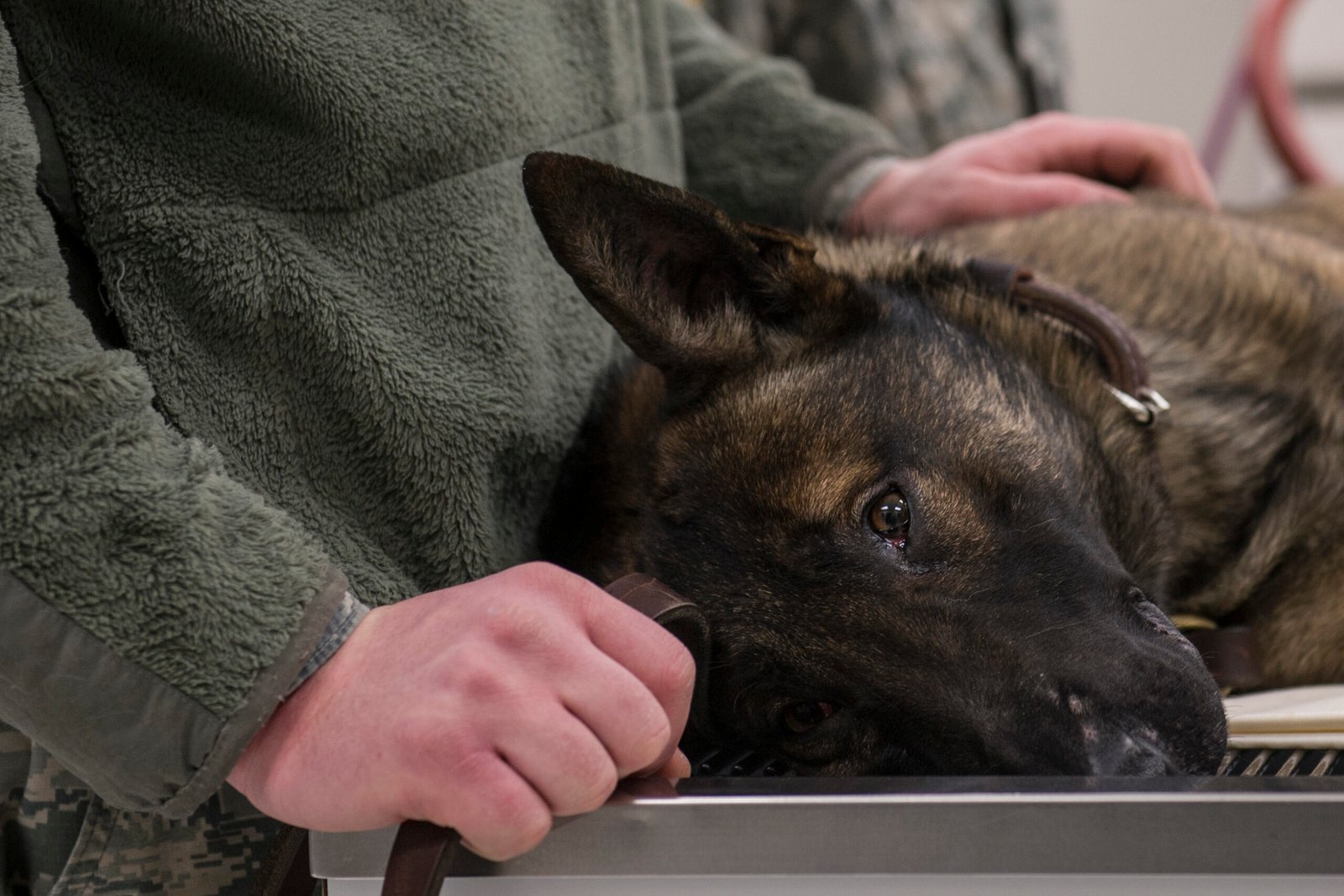
Doggy breath is no joke, and sometimes it’s so bad it can clear a room! Dental problems are one of the most overlooked causes of odor in dogs. Brushing your dog’s teeth a few times a week with dog-specific toothpaste can make a huge difference. You can also give dental chews or toys that help scrape away plaque. Bad breath often means there’s a problem, like gum disease or tooth decay, so don’t ignore it if things smell especially rotten. Some people even use dental wipes as a quick fix. Healthy teeth and gums mean a healthier, better-smelling dog, and it might just save you from costly vet bills down the road.
Washing Your Dog’s Bedding Frequently
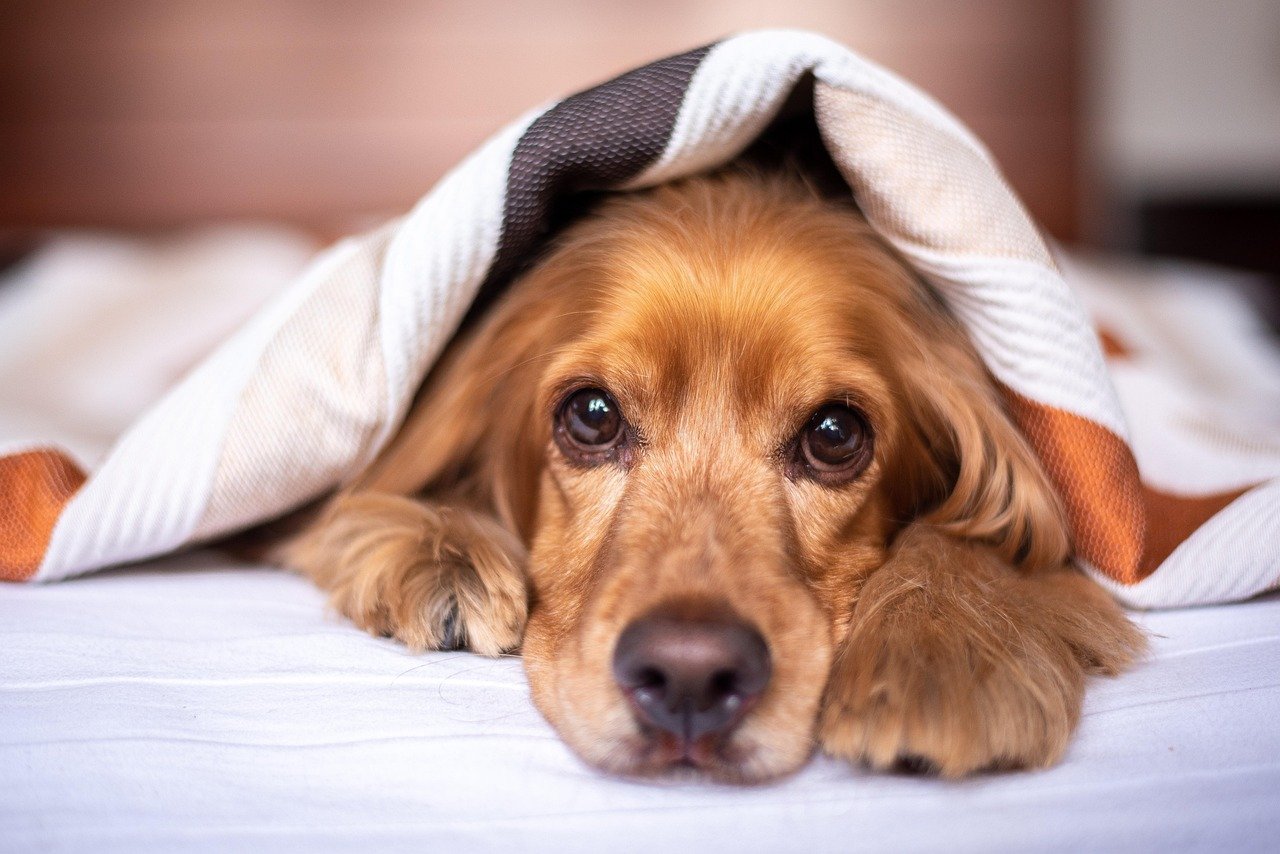
Imagine if you never washed your own sheets—pretty gross, right? The same goes for your dog’s bed, blankets, and favorite soft toys. These items soak up sweat, oils, and even drool, turning into odor factories if left unwashed. Toss bedding into the washing machine every week or two, using pet-safe detergent. If your dog sleeps on the couch or your bed, don’t forget to wash those covers too. Clean bedding means your freshly washed dog stays fresher, longer. It’s amazing how much of the “dog smell” in your home comes from their favorite napping spots, not the dog itself.
Paying Attention to Diet and Digestion
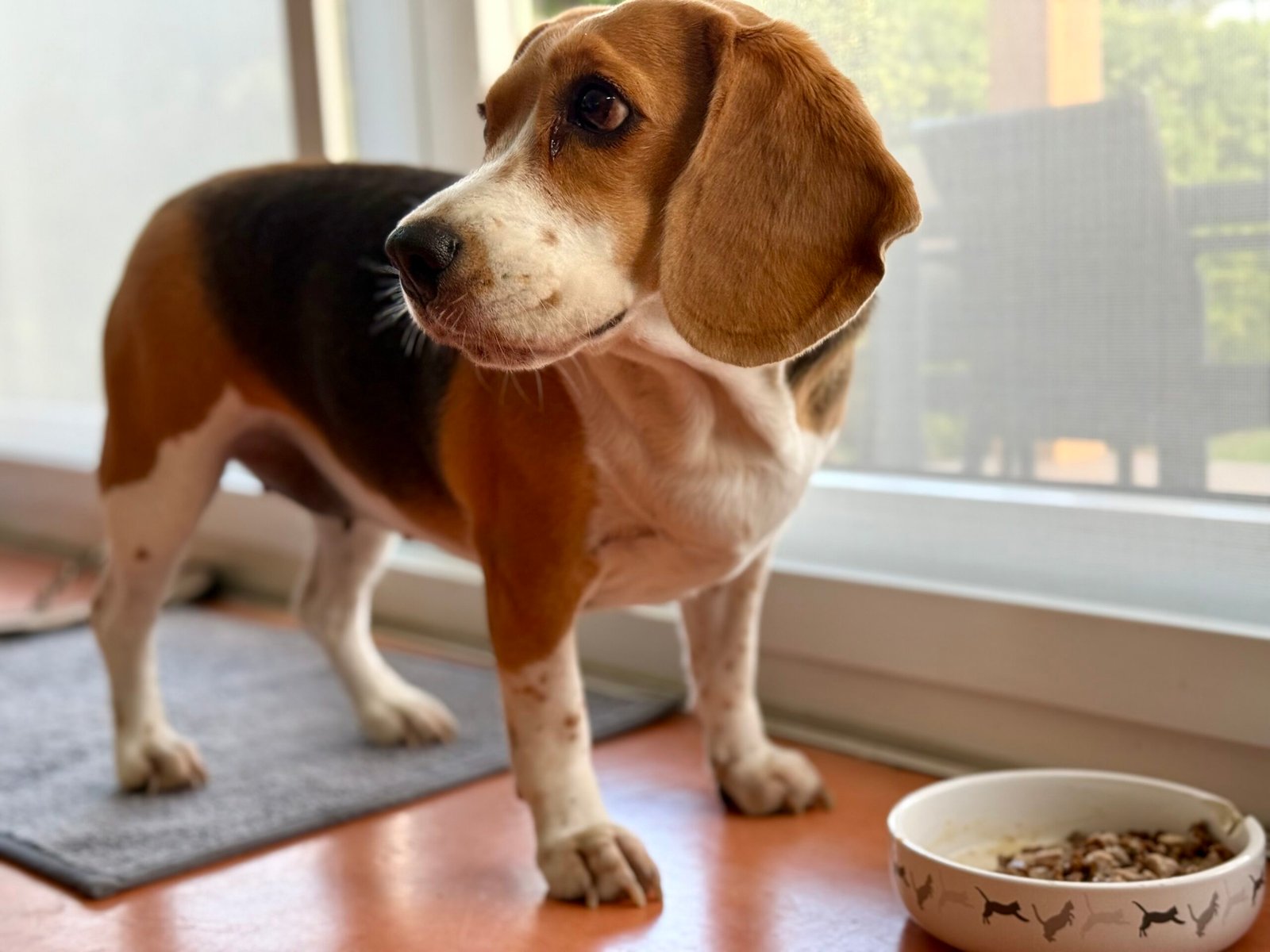
What goes in must come out, and sometimes bad smells start from inside. Low-quality food, allergies, or digestive issues can make your dog’s skin and breath smell worse. Feeding your dog a balanced, high-quality diet can improve not just their health, but also their scent. Some dogs have food sensitivities that cause gas or skin problems, which both contribute to odor. Watch for signs like itching, excessive licking, or upset stomach. A diet with the right nutrients and enough water keeps your dog’s skin healthy and less likely to develop those funky smells. It’s like swapping out fast food for a home-cooked meal—you’ll notice the difference.
Checking for Skin Infections and Allergies
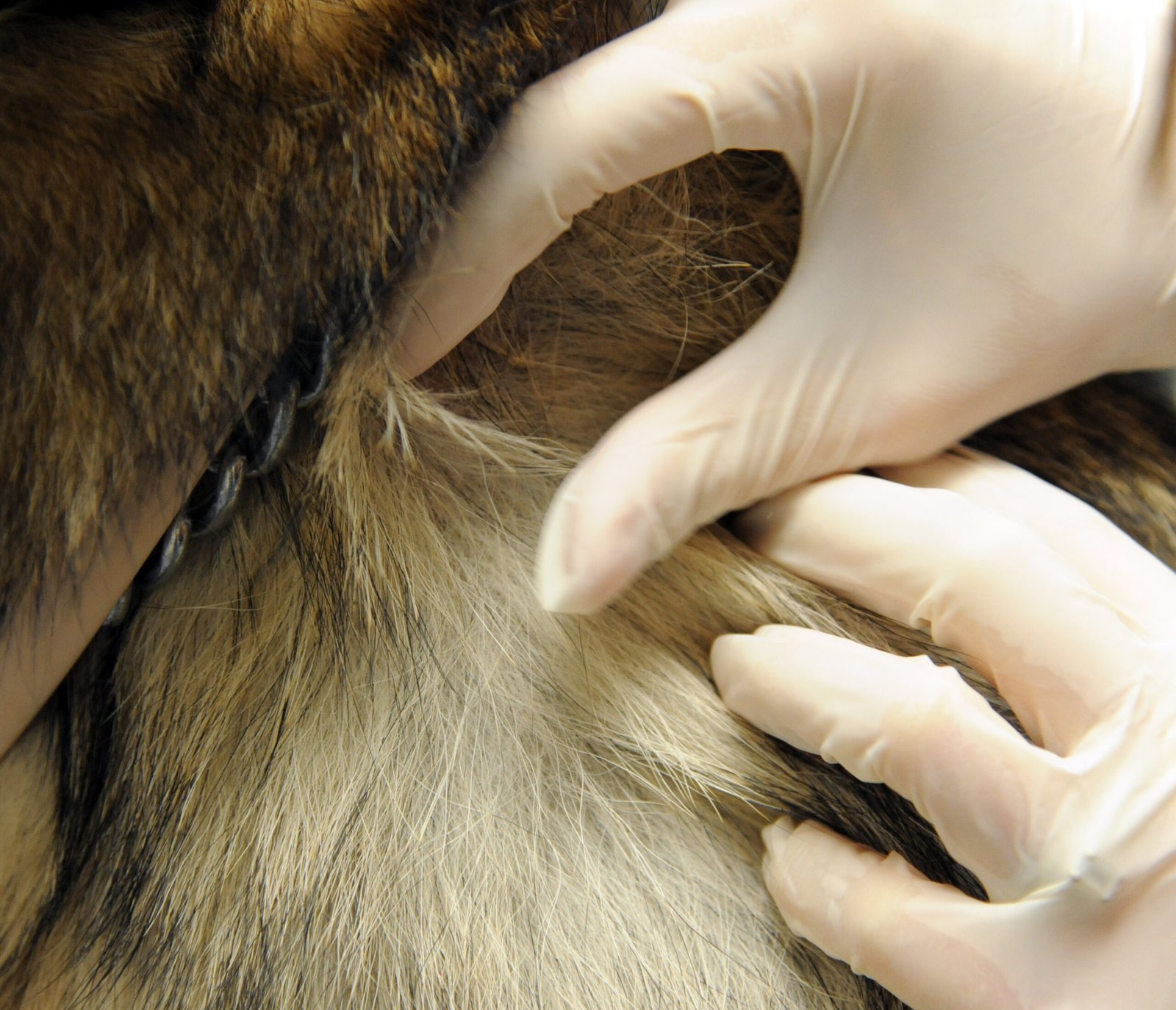
Sometimes, no matter how much you clean, your dog still smells. That’s often a sign that something’s going on under the surface. Skin infections and allergies can make dogs scratch, lick, or chew themselves, leading to sores and smelly, infected spots. Redness, flaky skin, or bald patches are all warning signs. If you notice these, it’s time for a vet visit. Regular flea and tick prevention also helps, since bites can cause irritation and infections. Treating the root cause, rather than just masking the smell, is the only way to truly solve the problem. Your nose will thank you, and your dog will feel a whole lot better, too.
Drying Off Properly After Swimming or Baths
Damp fur is a recipe for that classic “wet dog” smell. If your dog loves to swim or just had a bath, make sure you dry them thoroughly. Use a large towel and, if your dog tolerates it, a pet-safe blow dryer on a low, cool setting. Pay special attention to areas like the armpits and between the toes, where moisture loves to hide. Some dogs even like rolling in the grass to dry off, but that can lead to more dirt and smells. Getting your dog as dry as possible helps prevent bacteria and yeast from growing in their fur, which is often the real culprit behind persistent odors.
Using Dog-Safe Deodorizers and Sprays
Sometimes, life gets busy and you need a quick fix. Dog-safe deodorizers and sprays can be a lifesaver for those times when you can’t give a full bath. These products are made to be safe for your dog’s skin and coat, and they come in all sorts of gentle scents. Just a few spritzes can refresh your dog before guests arrive or after a romp in the mud. Avoid using human perfumes or sprays, as they can irritate your dog’s skin or even make them sick. Think of these sprays as a breath mint for your pup—handy, but not a substitute for good hygiene.
Regular Vet Check-Ups
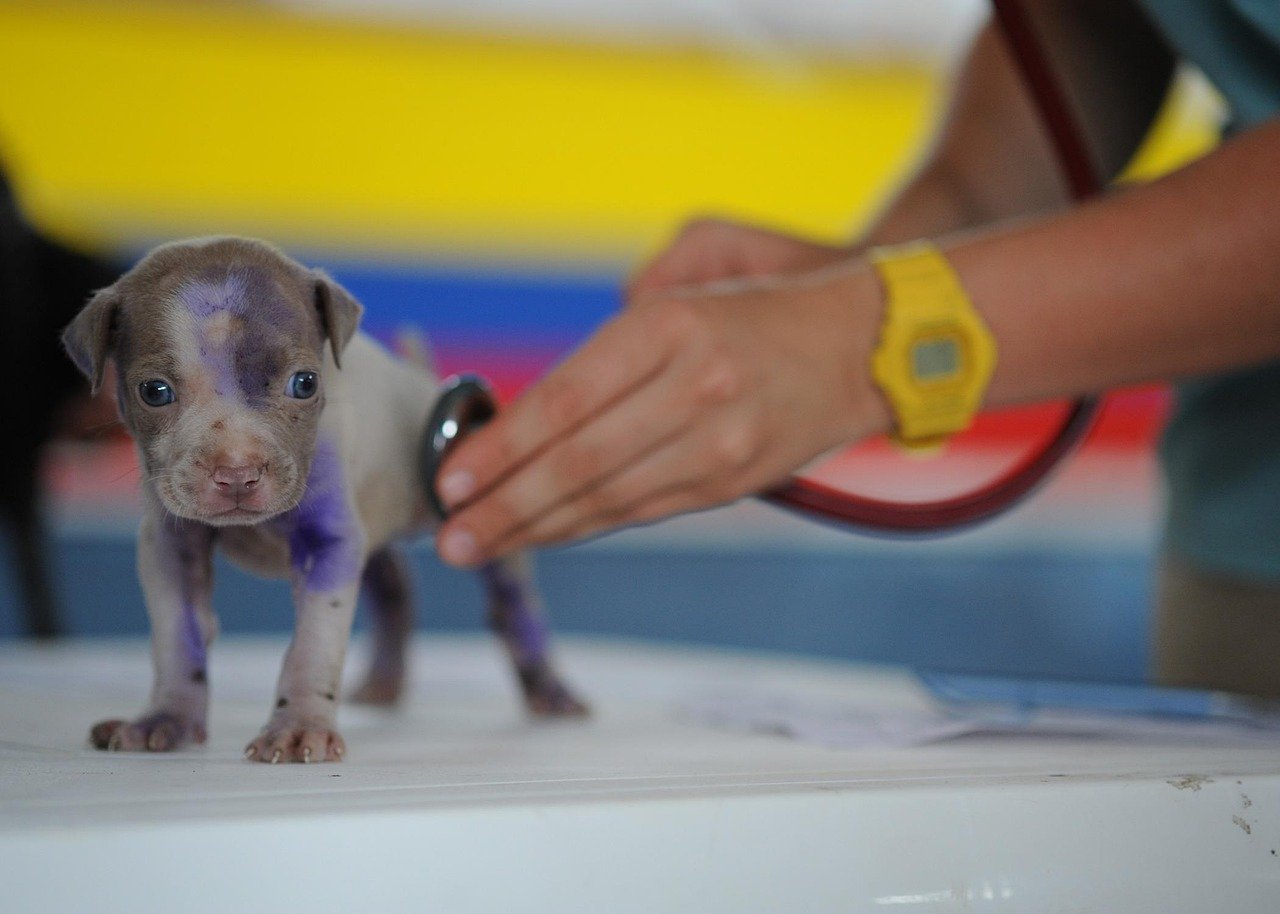
Finally, sometimes that stubborn doggy odor is a sign of a deeper health problem. Regular vet visits help catch issues early, from dental disease to ear infections to skin problems. Your vet can also recommend products or special diets if your dog has ongoing odor issues. It’s always better to be safe than sorry—sometimes a persistent smell is your dog’s way of telling you something’s wrong. Vet visits might not be your dog’s favorite thing, but they’re key to keeping them healthy and sweet-smelling for all those cuddle sessions.
What’s the weirdest place your dog has ever rolled in something smelly?





